1. AI Is Powering the Way You Shop, Even When You Don’t Realize It
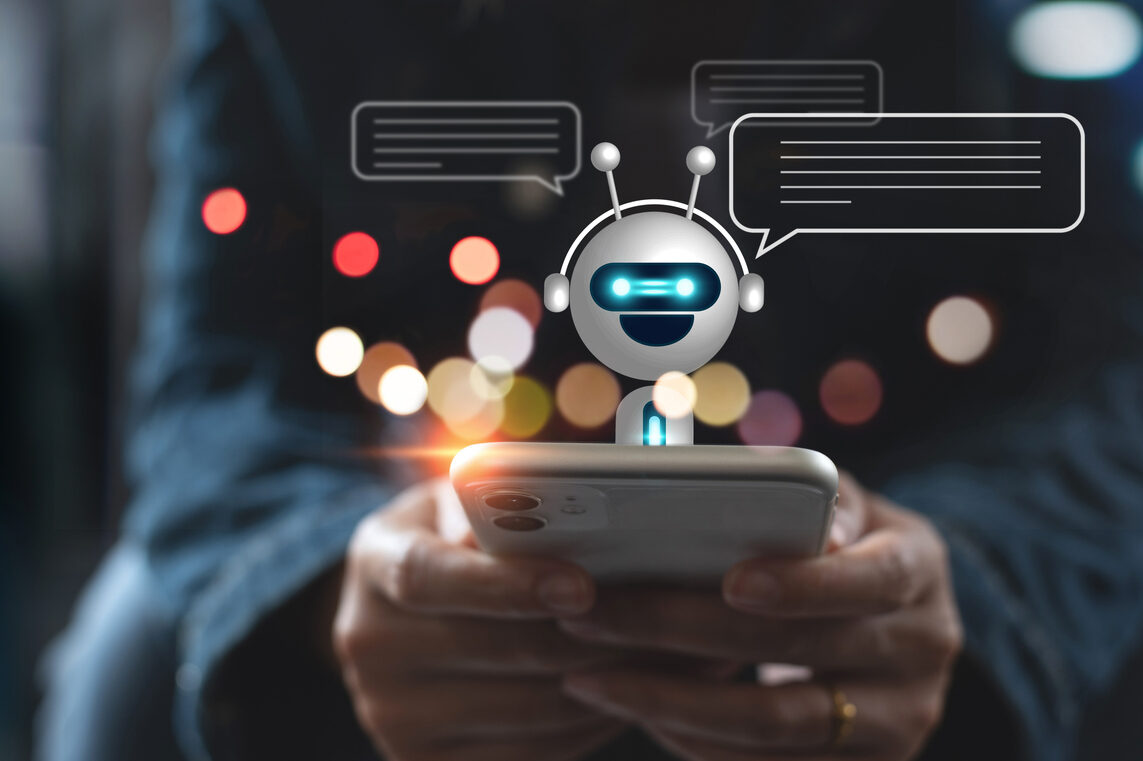
Every time you scroll through an online store, AI is quietly working behind the scenes, shaping your experience. From personalized product recommendations to chatbots answering your questions, artificial intelligence is making shopping faster, easier, and surprisingly intuitive. The moment you search for a pair of sneakers, AI algorithms start analyzing your browsing history, past purchases, and even what’s trending in your area. That’s why you see exactly what you’re looking for—or things you didn’t know you needed—right at the top of your feed.
Beyond recommendations, AI is also preventing fraud and ensuring safe transactions. Banks and payment processors use machine learning to detect suspicious activities in real time, stopping potential cyber threats before they can do damage. Meanwhile, AI-powered inventory management helps stores keep popular items in stock, reducing delivery times and improving customer satisfaction. So whether you’re scrolling through an app or walking into a store, AI is shaping your shopping experience in ways that feel seamless but are actually incredibly sophisticated.
2. Your Smartphone Is an AI-Powered Assistant in Your Pocket
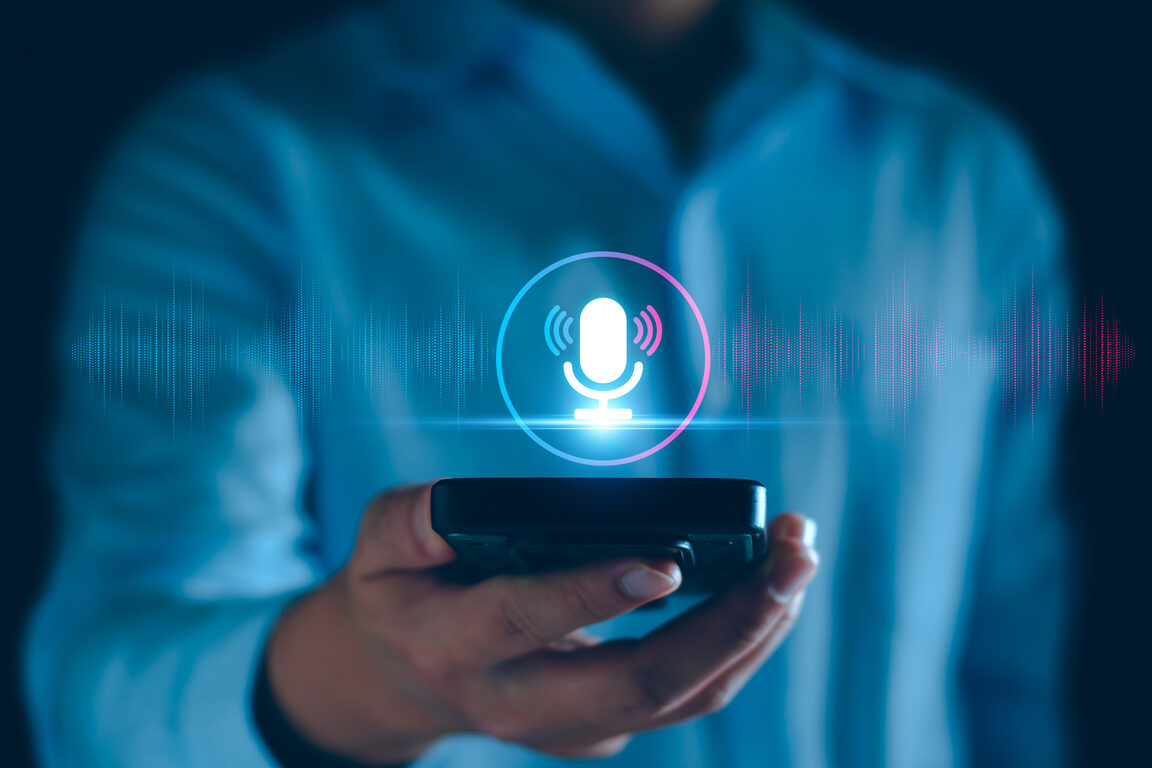
You don’t need a fancy robot to experience AI—it’s already sitting in your hand. Your smartphone is packed with AI-driven features, from voice assistants like Siri and Google Assistant to predictive text that finishes your sentences before you do. Every time you use facial recognition to unlock your phone, AI is scanning and analyzing millions of data points in milliseconds to ensure it’s really you. Even the way your phone organizes photos, suggesting albums or recognizing faces, is all thanks to deep learning algorithms working in the background.
But AI doesn’t just make your phone more convenient—it makes it smarter over time. When you dictate a message, your phone learns your speech patterns and improves its accuracy. When you search for a place on maps, AI factors in real-time traffic data to find the best route. And if your battery is running low, AI manages power consumption by optimizing which apps stay active. Whether you realize it or not, AI is constantly learning from your habits to make your smartphone experience faster, smoother, and more personalized.
3. AI Is Making Healthcare More Accurate and Accessible
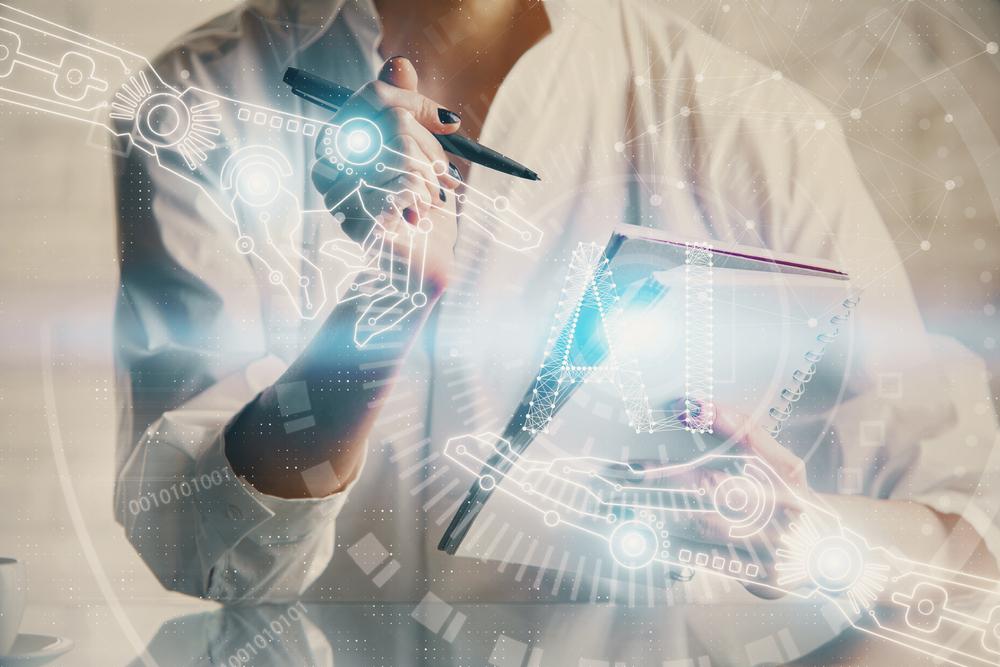
Medical professionals are using AI to detect diseases earlier, improve diagnoses, and personalize treatments like never before. Advanced AI systems can scan X-rays and MRIs with incredible accuracy, sometimes even detecting early signs of conditions like cancer that human doctors might miss. These tools don’t replace medical professionals, but they do give them a second set of highly trained “eyes,” helping them make more informed decisions faster. In some cases, AI is even predicting potential health risks before symptoms appear, allowing for preventive care that could save lives.
Beyond hospitals, AI is making healthcare more accessible. Virtual health assistants can answer medical questions, recommend treatments, and even monitor chronic conditions remotely. AI-powered apps help people track their heart rate, sleep patterns, and exercise habits, giving them insights into their health without a trip to the doctor’s office. In developing regions where medical professionals are scarce, AI is bridging the gap, providing essential health information and early screenings that wouldn’t otherwise be available. The combination of technology and medicine is changing the way we approach healthcare, making it more efficient, proactive, and personalized.
4. AI Is Revolutionizing the Way We Work and Learn
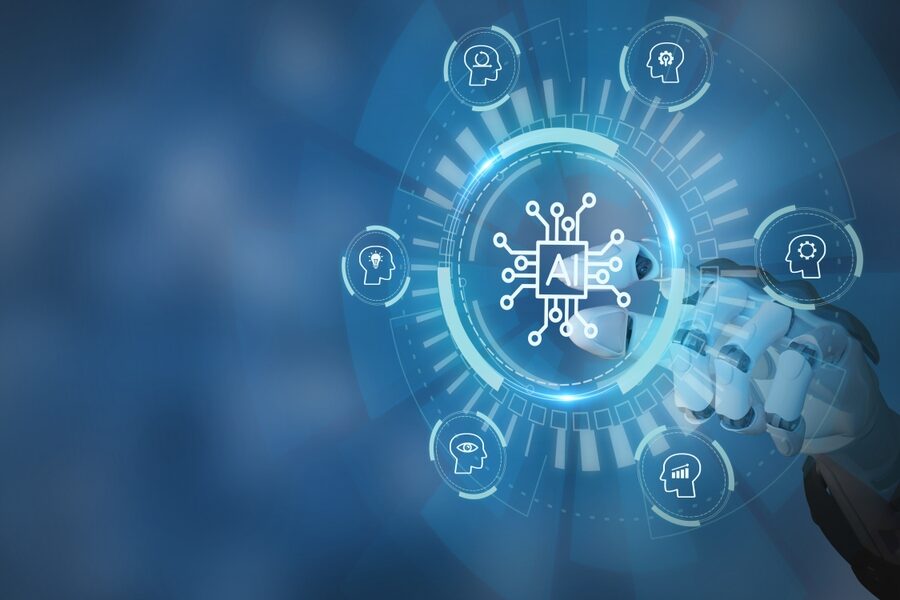
From writing emails to scheduling meetings, AI is streamlining everyday tasks in the workplace. Many businesses now use AI-driven tools to automate repetitive jobs, freeing up employees to focus on more strategic work. Virtual assistants can summarize long documents, generate reports, and even draft emails based on past conversations. And with remote work on the rise, AI-powered collaboration tools are making communication across different time zones smoother, keeping teams connected and productive.
Education is also undergoing an AI-powered transformation. Personalized learning platforms analyze how students absorb information and tailor lessons to match their pace and understanding. AI tutors can explain difficult concepts, provide instant feedback, and even predict when a student might be struggling before they fall behind. In universities, AI is helping researchers analyze vast amounts of data in ways that would take humans years to process. Whether in classrooms or offices, AI is not replacing people—it’s giving them smarter tools to do their work more efficiently.
5. AI Is Enhancing Entertainment in Unexpected Ways
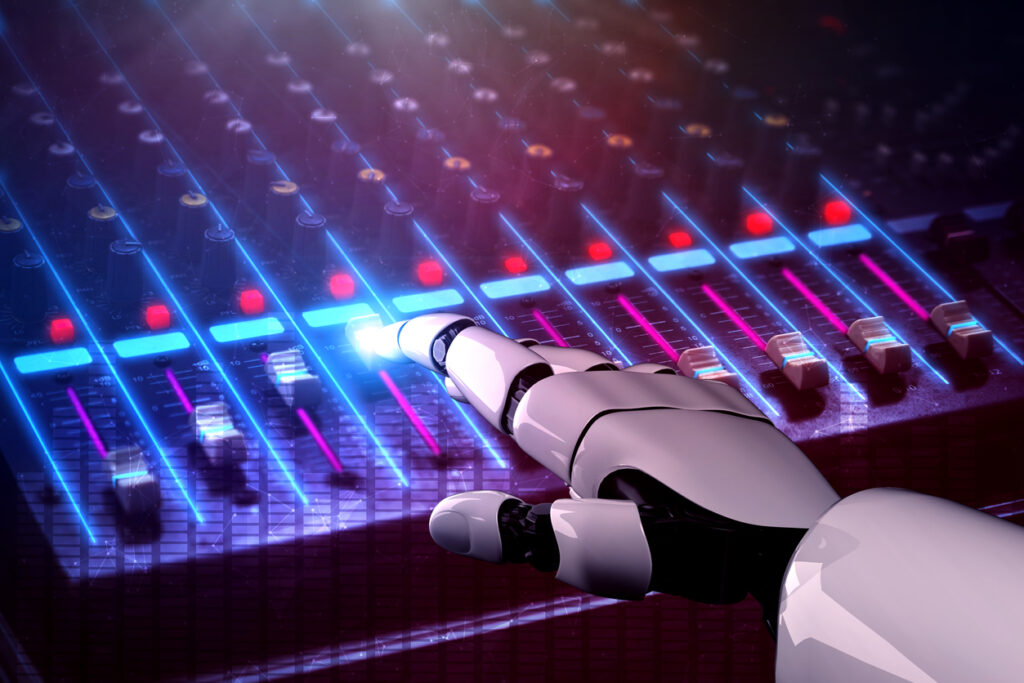
Your favorite movies, music, and even video games are being shaped by AI. Streaming services analyze what you watch or listen to, then recommend content tailored specifically to your tastes. AI even helps studios create more engaging films by analyzing audience preferences and predicting which plotlines or themes will be most successful. In gaming, AI opponents have become so sophisticated that they can adapt to a player’s skill level, making each experience unique and challenging.
Music is another area where AI is making waves. Algorithms can now compose original songs, mimic the styles of famous artists, and even help musicians fine-tune their work. In social media, AI is curating what content appears in your feed, ensuring that what you see is personalized to your interests. While this makes entertainment more engaging, it also raises questions about how much AI influences our choices. Whether it’s Netflix recommending your next binge-watch or an AI-generated song topping the charts, artificial intelligence is quietly reshaping the way we consume media.
6. AI Is Transforming Transportation, and It’s Just Getting Started
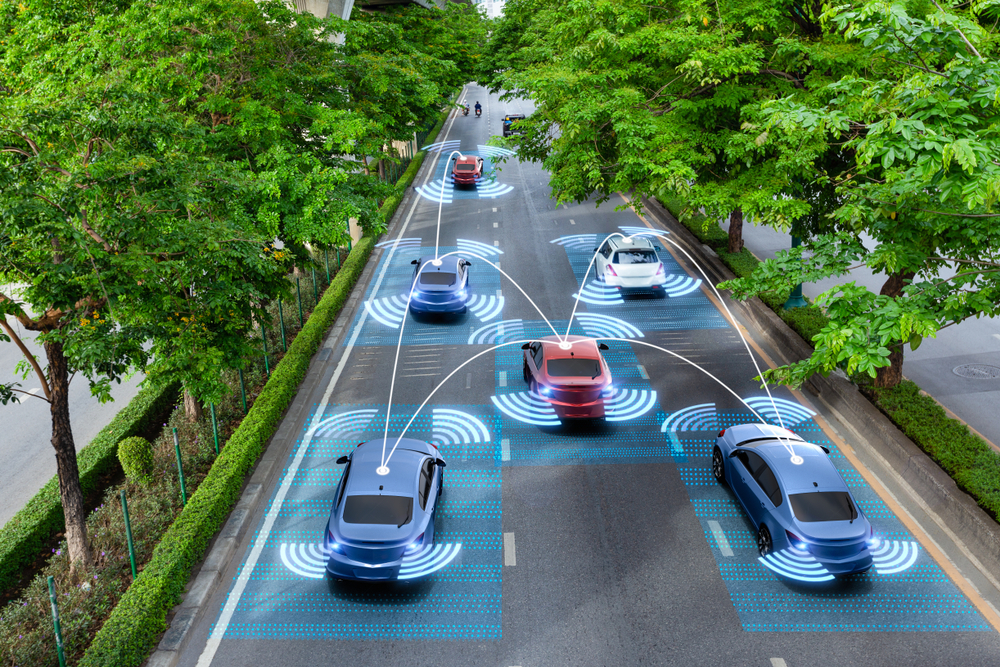
Self-driving cars might not be everywhere yet, but AI is already transforming transportation in ways you may not notice. Ride-sharing apps use AI to match passengers with drivers, predict demand, and optimize routes for efficiency. Airlines rely on AI to schedule flights, prevent delays, and even assist pilots with navigation. Even traffic lights in some cities are controlled by AI, adjusting in real time to improve traffic flow and reduce congestion.
But the biggest AI-driven shift in transportation is still on the horizon. Autonomous vehicles are being tested worldwide, using advanced machine learning to navigate roads, detect obstacles, and make split-second driving decisions. While we’re not yet at the point of fully self-driving highways, AI-assisted safety features—like automatic braking and lane departure warnings—are already making cars smarter and reducing accidents. As technology continues to improve, AI’s role in transportation will only grow, making travel safer, faster, and more efficient for everyone.
7. AI Is Changing How We Communicate and Connect
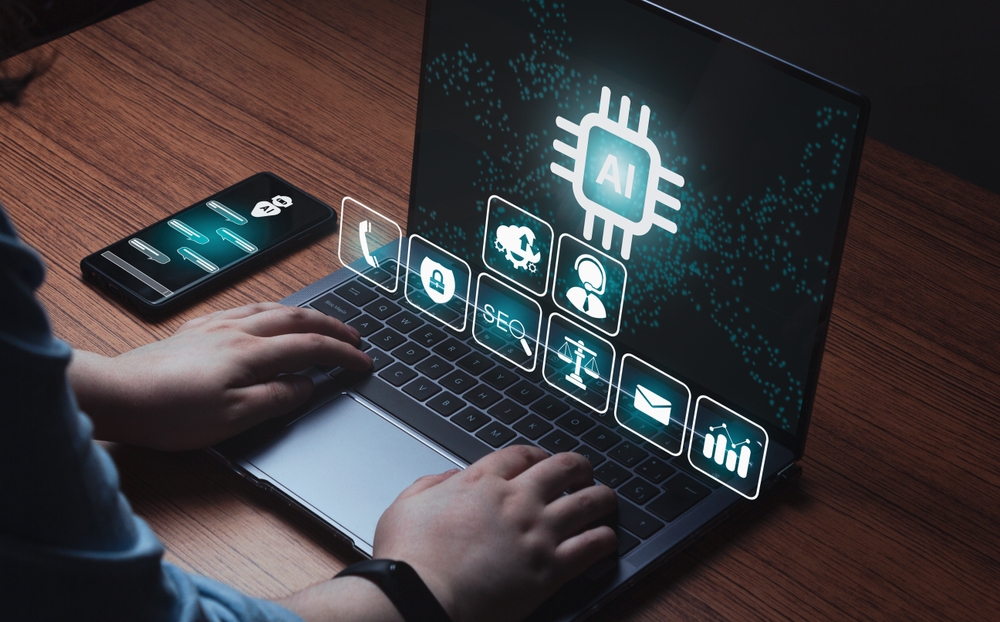
AI is now a key part of how we interact with each other, even if we don’t always notice it. Messaging apps use AI to predict what you’re going to type next, social media platforms use it to filter spam and hate speech, and translation tools are making it easier than ever to communicate across languages. AI is also driving the rise of deepfake technology, which can create eerily realistic videos of people saying things they never actually said—raising both exciting possibilities and serious ethical concerns.
On a more personal level, AI is changing how we build and maintain relationships. Dating apps use AI to analyze user behavior and make better matches, while virtual assistants help remind us of important events like birthdays and anniversaries. Even customer service is being transformed, with AI-powered chatbots handling inquiries and resolving issues faster than human agents. As AI continues to evolve, the way we communicate, interact, and even form relationships will keep shifting in ways we’re only beginning to understand.


